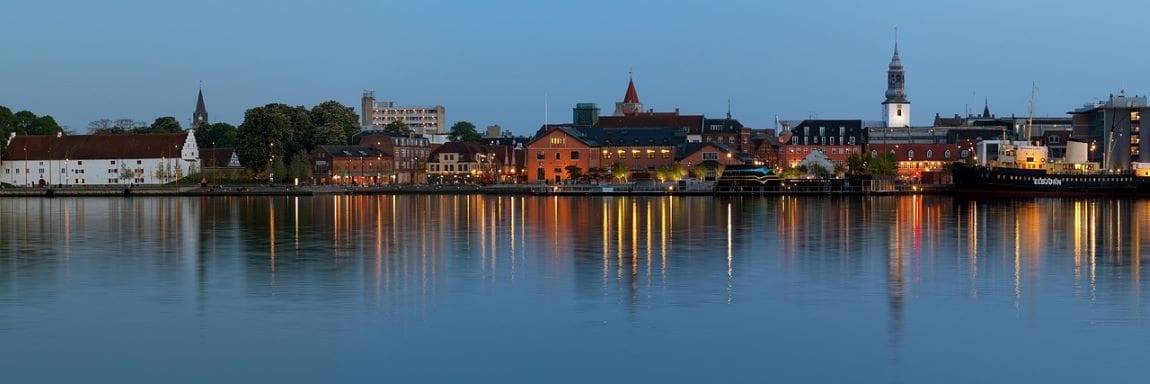The 10th European Conference on Sustainable Cities and Towns (ESCT), held in Aalborg, Denmark, brought together mayors and representatives from across Europe to renew their commitment to climate neutrality and accelerate the continent’s green transition. With the European Union (EU) moving into a new legislative phase, the conference marked a crucial moment in the 30-year journey of Europe’s sustainable cities and towns movement.
The event, themed around the newly introduced Aalborg Conditions, emphasized the need for stronger cooperation between local, national, and EU governments to fast-track climate action. Participants called for three essential policy shifts: shared governance, integrated financing, and a socially inclusive, cohesive transition. These policy changes, they argued, are vital to achieving Europe’s climate goals, creating green jobs, and fostering competitive clean industries.
Renewing the Aalborg Commitment for climate action
The Aalborg Conditions build on a history of commitments made at the city, regional, and national levels. This includes the groundbreaking Aalborg Charter (1994) and the Aalborg Commitments (2004), which have shaped Europe’s approach to sustainability and urban development for decades.
“In Aalborg, we don’t wait for solutions – we create them together. Connecting communities across different contexts accelerates the green transition. Cities must lead, and I’m proud Aalborg is hosting this 10th edition of the conference,” said Lasse Frimand Jensen, Mayor of Aalborg.
The Aalborg Conditions aim to update these principles in light of new global challenges, including the urgency of meeting targets set by the Paris Agreement and the EU Green Deal. Local governments are seen as key players in pushing Europe towards climate neutrality, but the conference stressed the need for stronger support from both national governments and the EU.
The conference participants agreed that effective climate action requires close collaboration across multiple levels of government. They emphasized the importance of democratic processes and a shared vision, particularly in the face of climate deadlines that are fast approaching.
Martin Horn, Lord Mayor of Freiburg and President of ICLEI Europe, stressed the urgency of the situation: “The window of action to address crises like climate change is closing. We must take bold actions and make immediate investments to prevent further harm. To empower cities like never before, we must have a clear focus on collaboration across all levels of government, putting people at the heart of the transition.”
Local governments are already leading by example, but they need flexible regulations, better financing, and stronger support from national and EU institutions to maximize their impact.
A push for more supportive policies
A key takeaway from the conference was the need for more tailored and flexible policies at the EU and national levels. Delegates stressed that while local governments are driving change on the ground, they often face bureaucratic and financial barriers that hinder their efforts.
Wolfgang Teubner, Regional Director for Europe at ICLEI, explained the significance of this cooperation: “All change is ultimately happening locally, but not all change can be achieved locally. Ambitious strategies and action plans on the local level need supportive conditions for successful implementation. These have to come from the national and EU level. We need more flexibility in regulation and financing, and an openness to respond to locally developed solutions in dialogue and cooperation.”
The Aalborg Conditions thus call for a new era of policy integration, where local governments are empowered to take meaningful action without being constrained by top-down regulations.
Alongside discussions about policy and governance, the conference also introduced the ICLEI Sustainability Award 2025. This award, designed to celebrate outstanding sustainability initiatives across Europe, will showcase innovative local actions that are transforming cities into greener, more resilient communities.
The award is seen as a continuation of the Aalborg legacy, encouraging cities to share best practices and inspire others to step up their efforts in achieving climate neutrality.
The 10th ESCT conference made clear that Europe’s sustainable cities and towns movement is more relevant than ever. With the Aalborg Conditions, local leaders have outlined a roadmap for the next phase of climate action, one that emphasizes cooperation, flexibility, and inclusivity.
As Europe grapples with the challenges of climate change, social equity, and economic competitiveness, the role of local governments will be critical. The call from Aalborg is for all levels of government to work together to ensure a swift, just, and effective transition to a green future.
Source: ICLEI – Local Governments for Sustainability
Featured image credit: Kent Christoffersen | Pixabay




